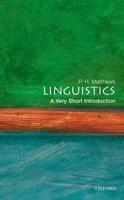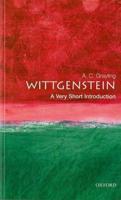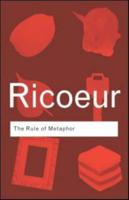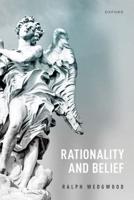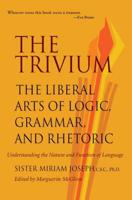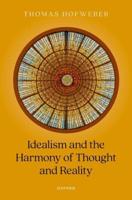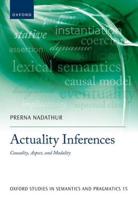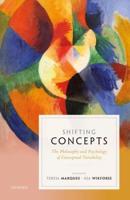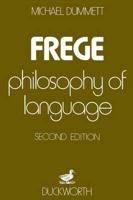Publisher's Synopsis
This book examines the hypothesis of "direct compositionality", which requires that semantic interpretation proceed in tandem with syntactic combination. Although associated with the dominant view in formal semantics of the 1970s and 1980s, the feasibility of direct compositionality remained unsettled, and more recently the discussion as to whether or not this view can be maintained has receded. The syntax-semantics interaction is now often seen as a process in which the syntax builds representations which, at the abstract level of logical form, are sent for interpretation to the semantics component of the language faculty. In the first extended discussion of the hypothesis of direct compositionality for twenty years, this book considers whether its abandonment might have been premature and whether in fact direct compositionality is not after all a simpler and more effective conception of the grammar than the conventional account of the syntax-semantics interface in generative grammar. It contains contributions from both sides of the debate, locates the debate in the setting of a variety of formal theories, and draws on examples from a range of languages and a range of empirical phenomena.

